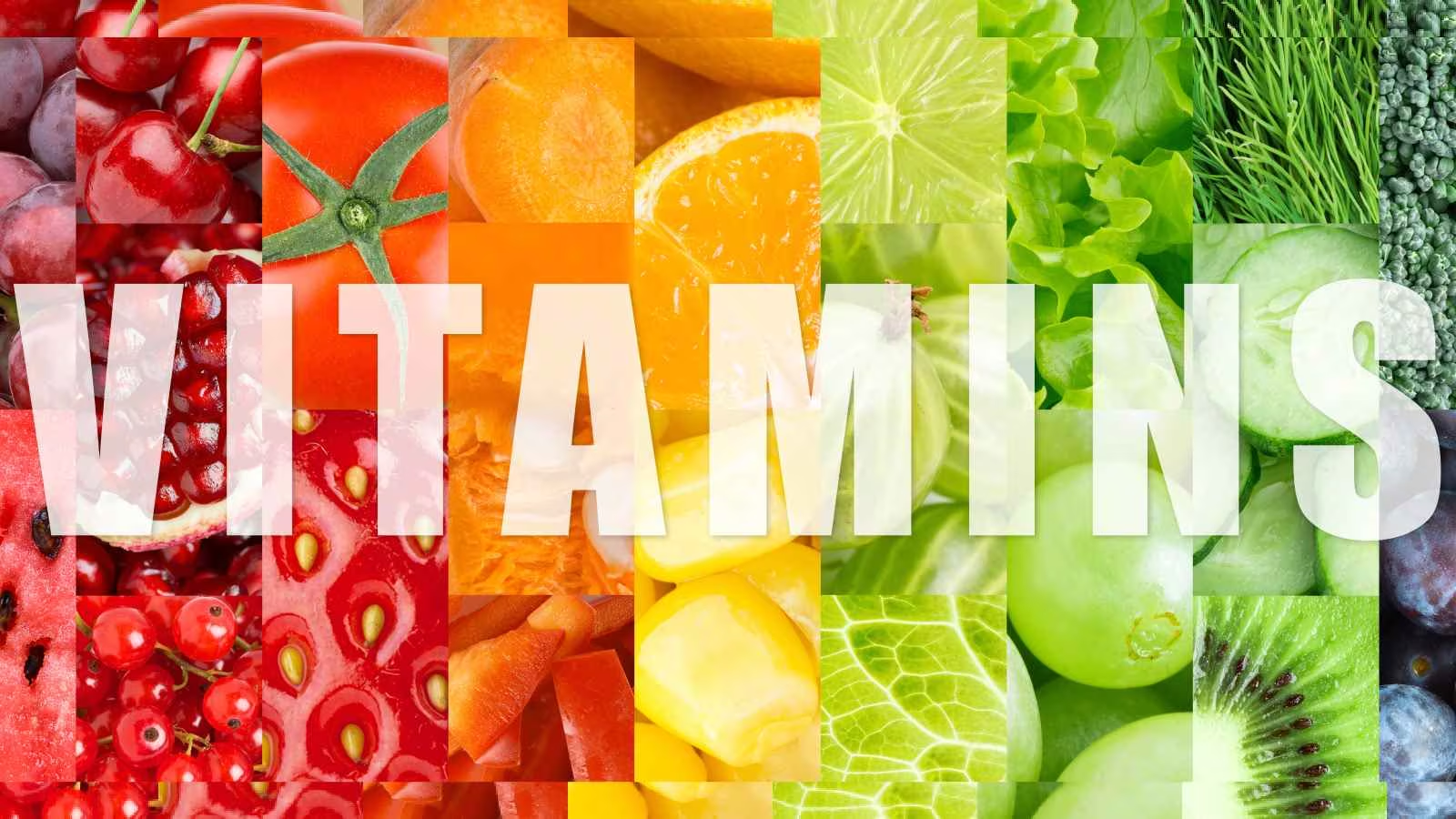Which Vitamins are Best for Hair Loss?
Both men and women experience hair loss, which can be a frustrating and distressing condition to deal with. There are many potential reasons for the thinning and shedding of hair — from genetic predispositions to hormonal fluctuations, stress and environmental factors — and one area that may affect the health of your hair is nutrition. Vitamins and minerals specifically are quite important in having healthy hair growth and preventing hair fall.
In this article, we will introduce you to the best vitamins for hair loss, and how they can contribute to stronger, healthier hair.
1. Vitamin D
Vitamin D is important for general well-being, but it is also integral in the hair growth cycle. A lack of vitamin D has been associated with conditions like alopecia areata, an autoimmune condition that can lead to identified hair loss, according to research. Vitamin D plays a role in promoting the growth of hair follicular cells and regulating the hair growth cycle.
Sources of Vitamin D:
- Exposure to sunlight (the body naturally produces vitamin D through sunlight exposure)
- Fatty fish (salmon, mackerel)
- Fortificats food (milk, orange juice, cereals)
- Egg yolks
2. Biotin (Vitamin B7)
One of the best-known vitamins for healthy hair is biotin (vitamin B7). Biotin is a water-soluble B vitamin that plays a role in keratin production the protein that constitutes hair, skin and nails. A lack of biotin can cause brittle hair and hair loss. Although biotin deficiency is uncommon, biotin supplementation could improve hair thickness and texture among people with thinning hair.
Sources of Biotin:
- Eggs
- Nuts and seeds
- Legumes (beans, peas, lentils)[6]
- Sweet potatoes
- Avocados
3. Vitamin E
Vitamin E helps in preventing oxidative stress-induced damage and protects hair follicles from free radical activity. This enhances blood circulation towards the scalp and promotes hair growth as a result. Vitamin E is commonly used to promote scalp health and to help treat hair loss.
Sources of Vitamin E:
- Almonds and sunflower seeds
- Spinach
- Avocados
- Sweet potatoes
- Wheat germ oil
4. Vitamin A
Vitamin A promotes cell growth and differentiation, including the cells in your hair follicles. A good amount of the vitamin is required for the appropriate generation of sebum, the oily secretion that hydrates the scalp and keeps the hair healthy. But too much vitamin A can be damaging, as it may cause hair loss.
Sources of Vitamin A:
- Carrots
- Sweet potatoes
- Spinach
- Kale
- Liver
5. Vitamin C
Vitamin C Is Another Antioxidant That Protects Hair Follicles From Oxidative Stress. It is also key to the formation of collagen, a protein that makes up a significant part of the hair structure. Vitamin C also aids in the absorption of iron, a mineral that is important for the natural hair growth process. You might experience hair breakage and thinning in the event of vitamin C deficiency.
Sources of Vitamin C:
- Citrus fruits (orange, lemon, grapefruit)
- Bell peppers
- Strawberries
- Broccoli
- Kale
6. Iron
While technically not a vitamin, iron is a mineral that contributes to healthy hair. Iron is critical in allowing red blood cells to transport oxygen to the hair follicles, and deficiency can lead to hair thinning or hair loss, especially among women who are in their reproductive stage. One common cause of hair loss is iron deficiency.
Sources of Iron:
- Red meat
- Poultry
- Leafy green vegetables
- Legumes
- Tofu
7. Zinc
Zinc helps the body to grow and repair hair tissue. It even keeps the oil glands that surround the hair follicles healthy, which can keep them from clogging and contributing to loss. Zinc deficiency can cause hair shedding and poor quality hair.
Sources of Zinc:
- Shellfish (oysters, crab)
- Meat (beef, lamb, pork)
- Nuts and seeds
- Whole grains
- Legumes
Conclusion
While no vitamin or nutrient can stop hair loss, the right combination does contribute to overall hair health, which may help prevent further hair thinning. Essential vitamins for healthy hair, such as vitamin D; biotin; vitamin E; vitamin A; vitamin C; zinc; and normal levels of iron are important for hair to grow. F you have severe hair shedding, it’s best to see a health care provider or a dermatologist to assess the cause and see if vitamin supplementation is appropriate for you.
As always, foundational nutrition with complete nutrients and antioxidants coupled with a healthy lifestyle is the ultimate support for healthy hair growth!
